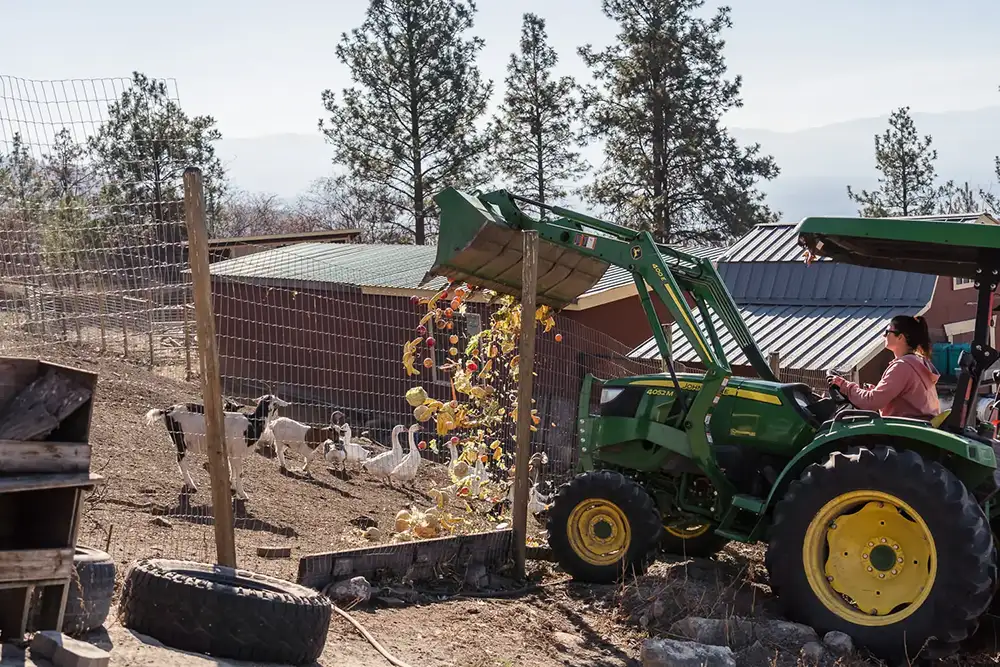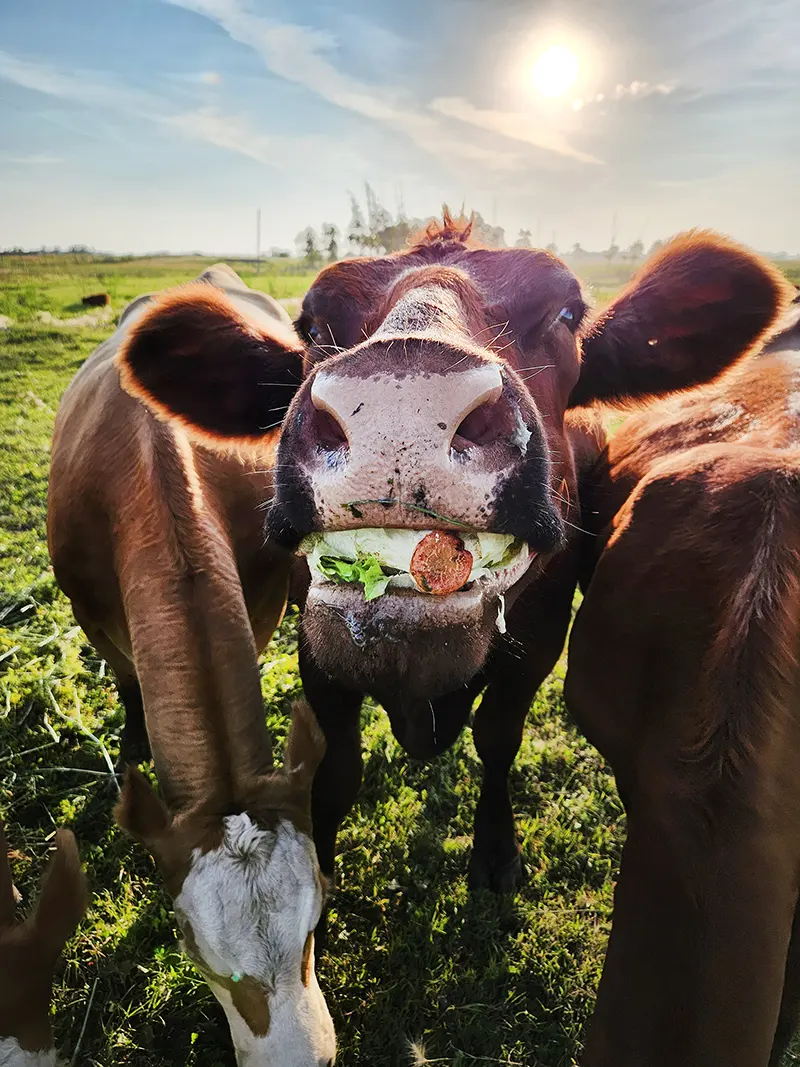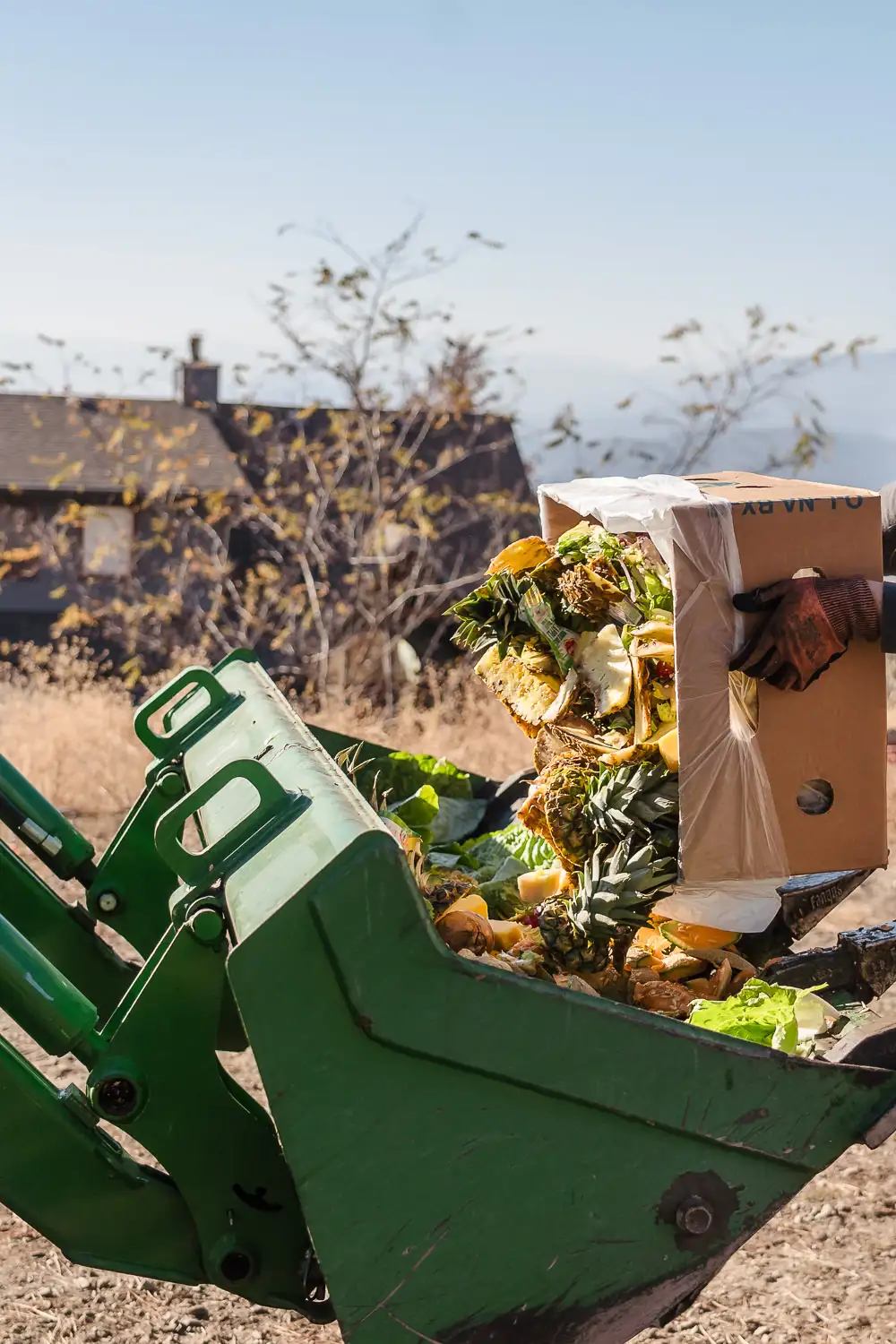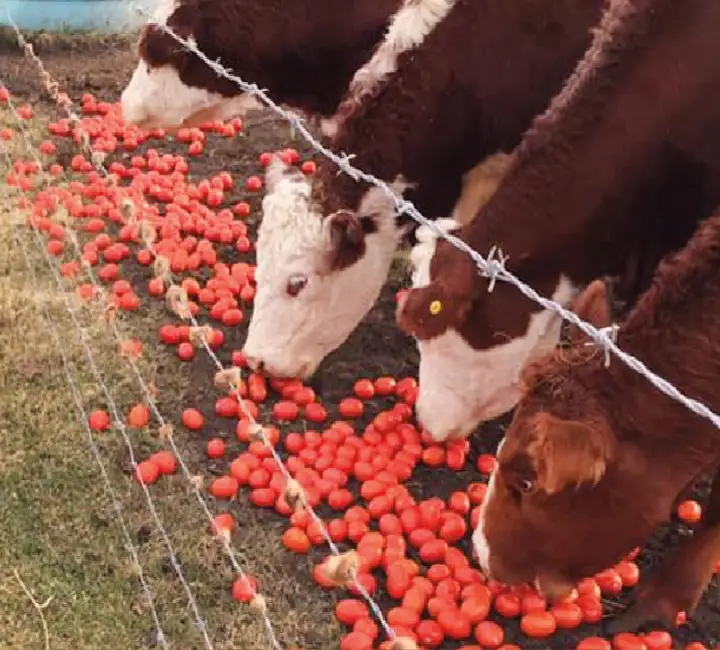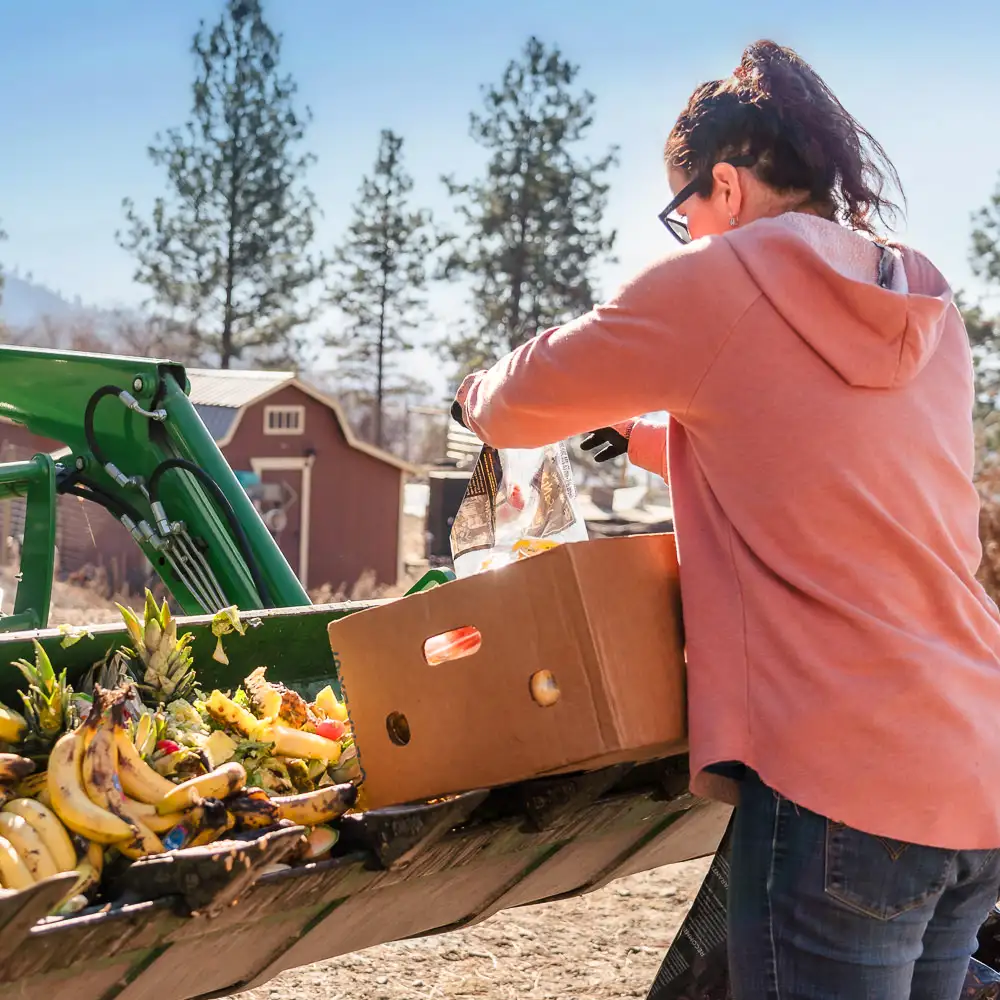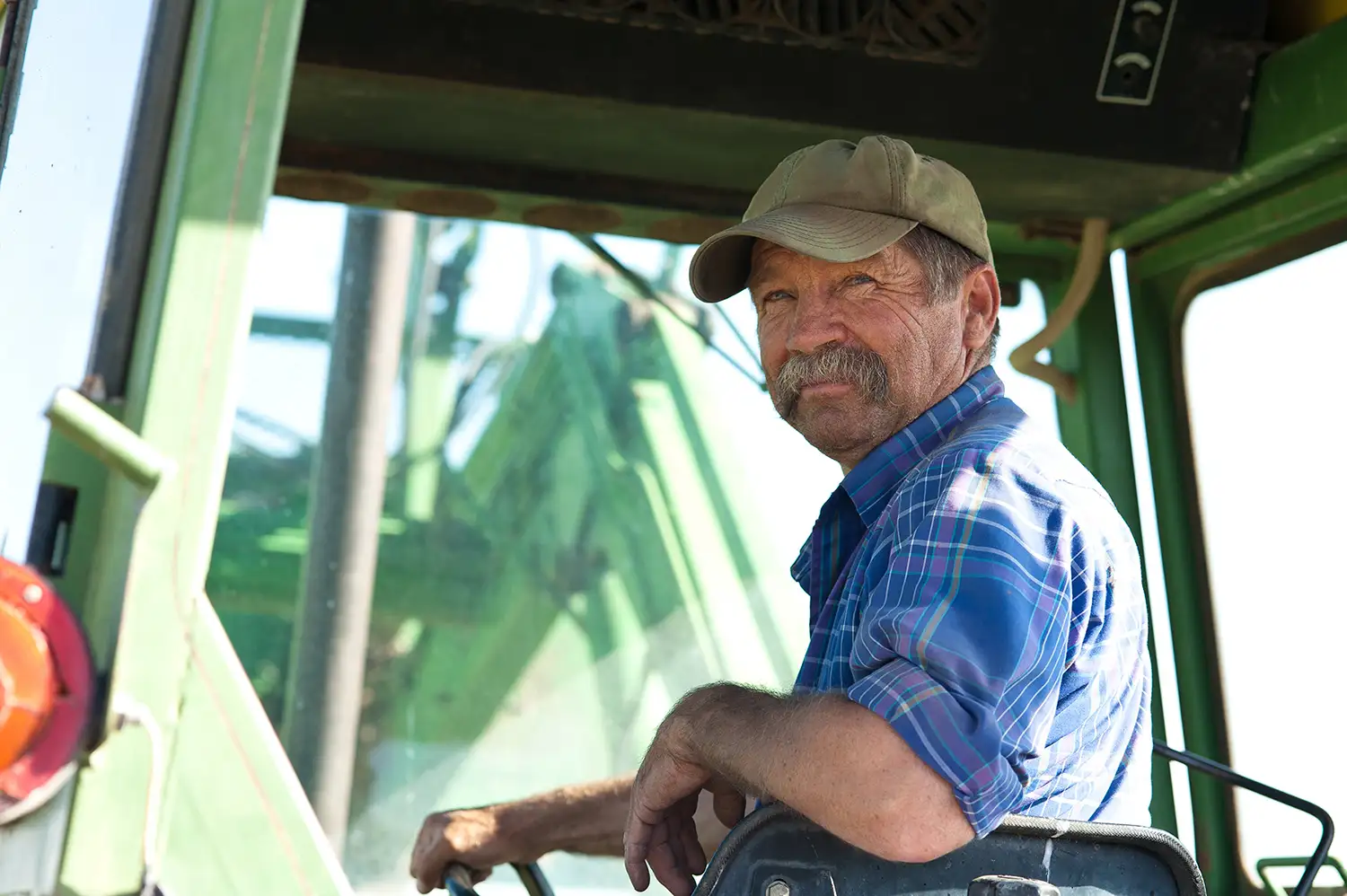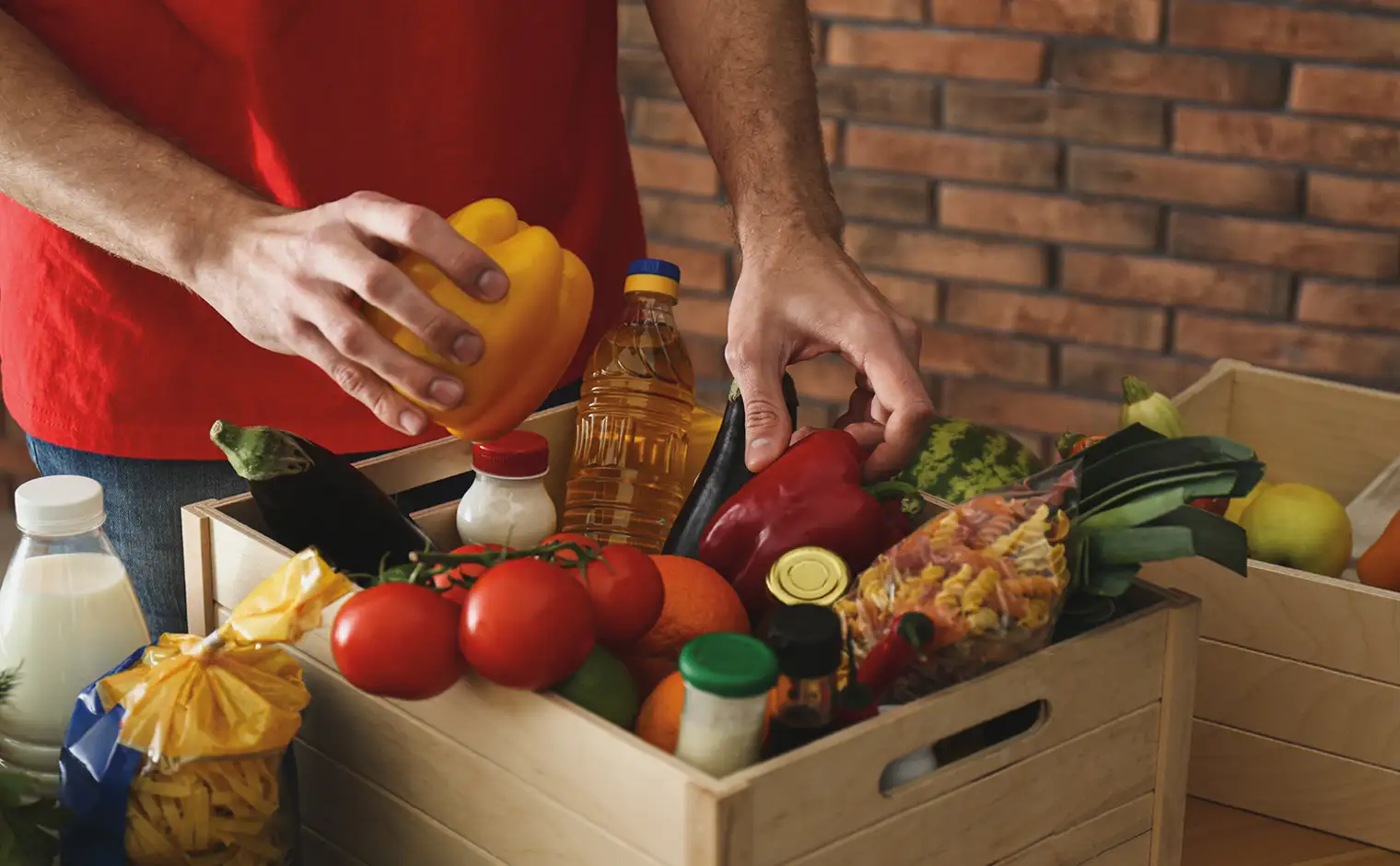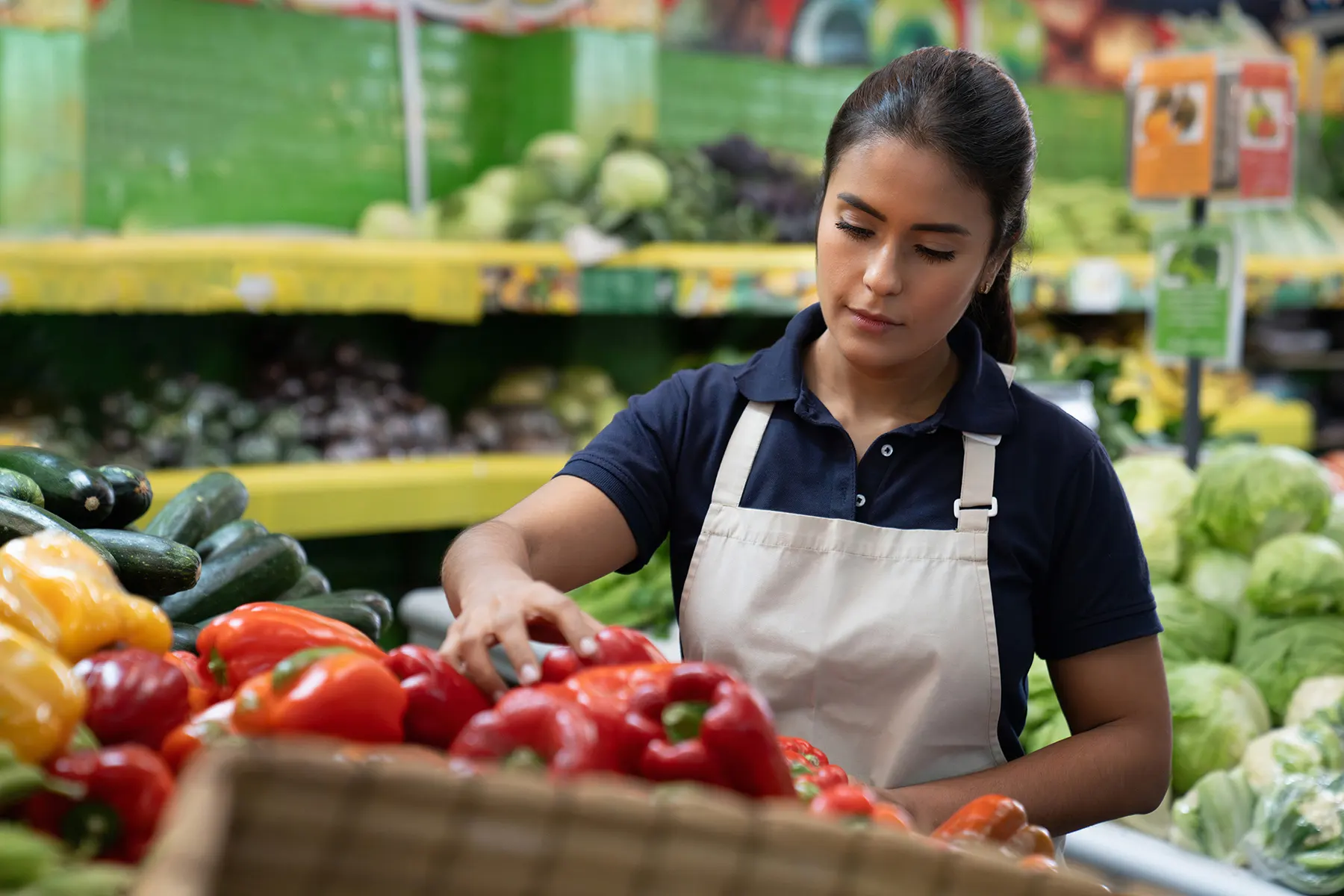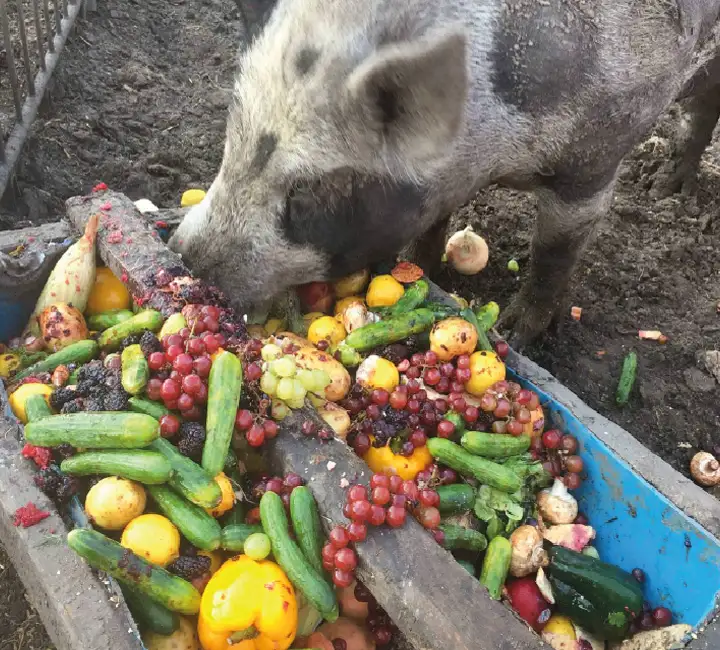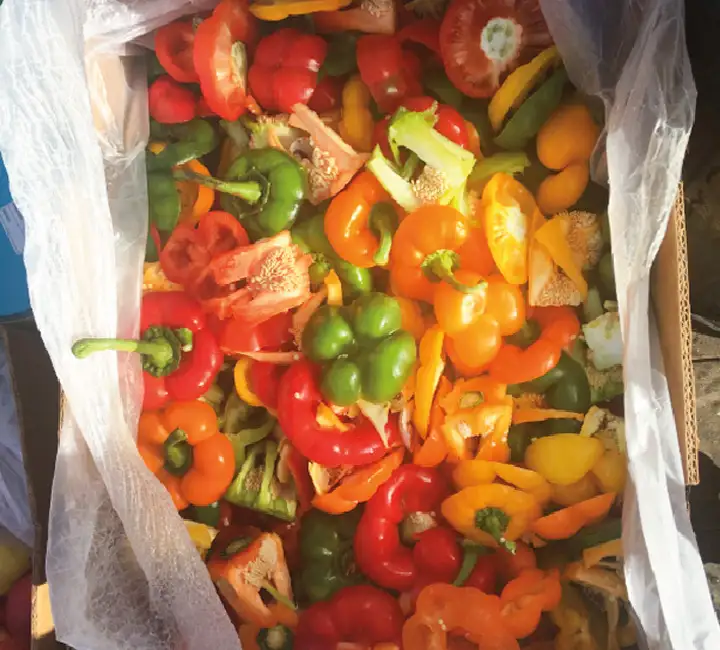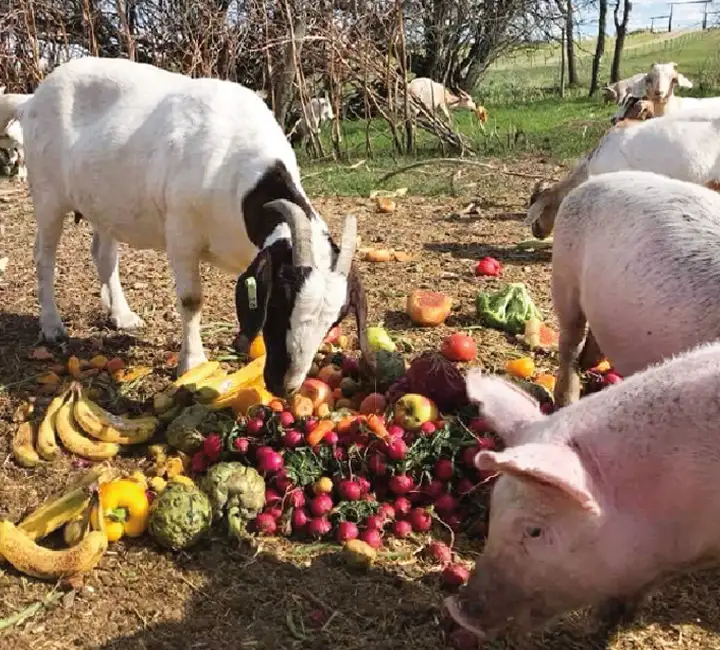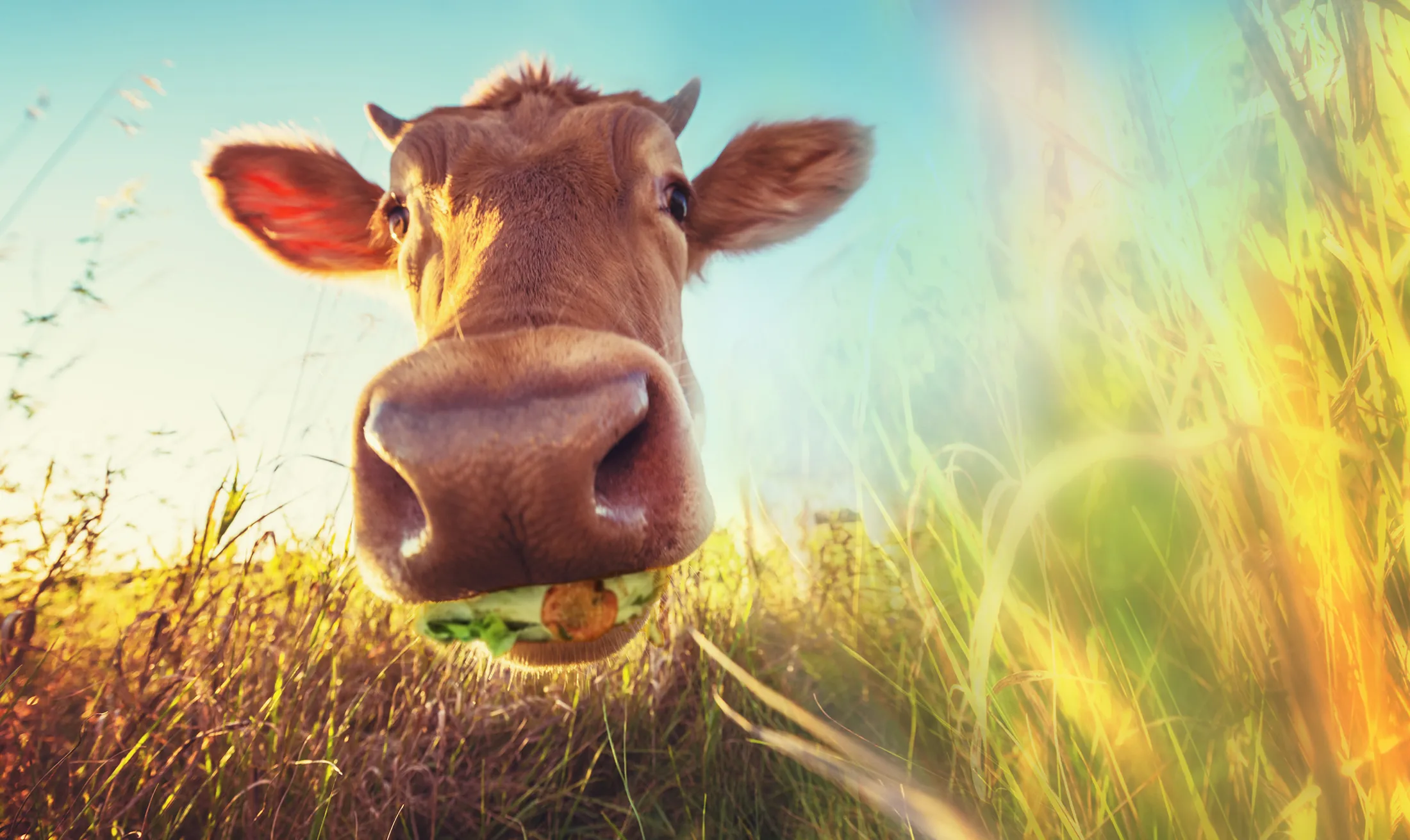

Loop is based on a simple idea:Food should be put to its highest and best use.
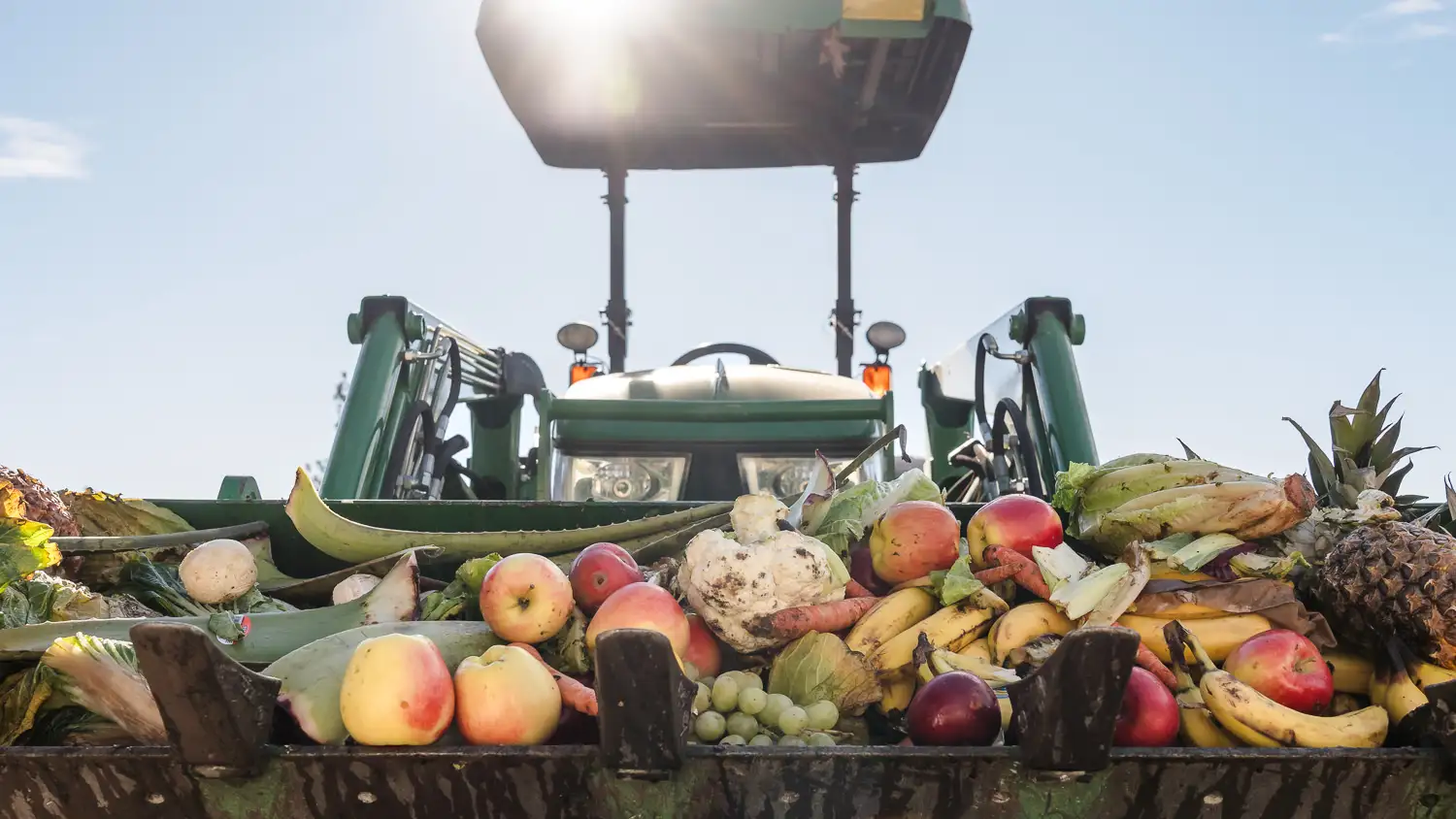
We connect farmers with regular pickups of unsellable food from local stores to feed their animals and lower feed costs.
We take 100% of unsold food from grocers of all sizes and divert it away from the landfill to those who need it in our communities.
We help charities connect with local grocers to receive safe and healthy food without extra waste to feed those who need it most.
Since 2017,
we've diverted
148 million kg
of unsold food from the landfill.
That's the equivalent of more
than 8,212 semi-trailer loads!

was 7 years ago.
We currently serve
4,000 farms and over
 grocery stores
grocery storesacross Canada.
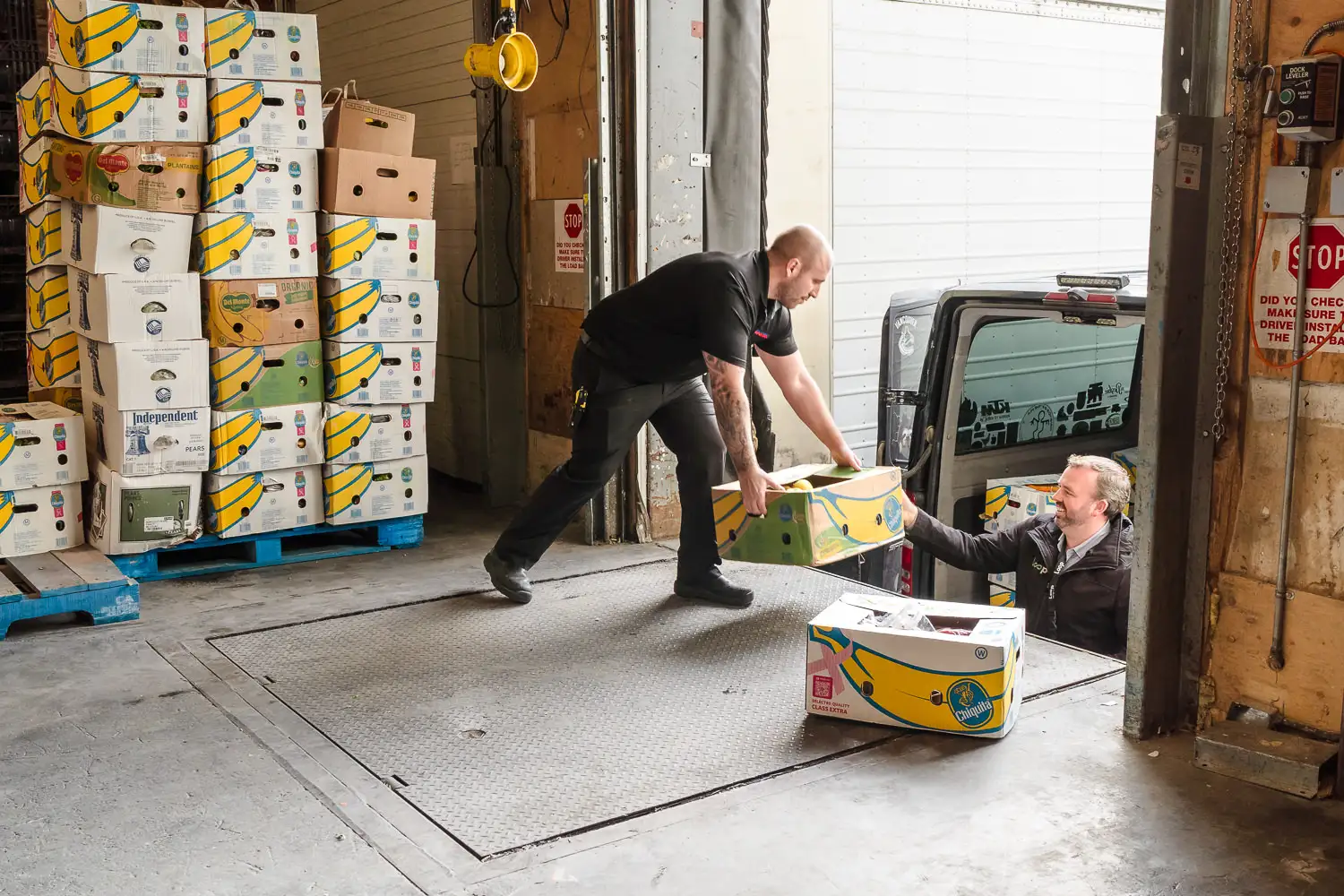
ABOUT US
PEOPLE WITH A PURPOSE
Loop is all about serving others, using our resources wisely, and protecting the environment. Our team is made up of caring, dedicated people who are passionate about their important and challenging work. We aim to bring communities closer, build meaningful relationships, and spark important conversations about food and sustainability.
Learn More About Us »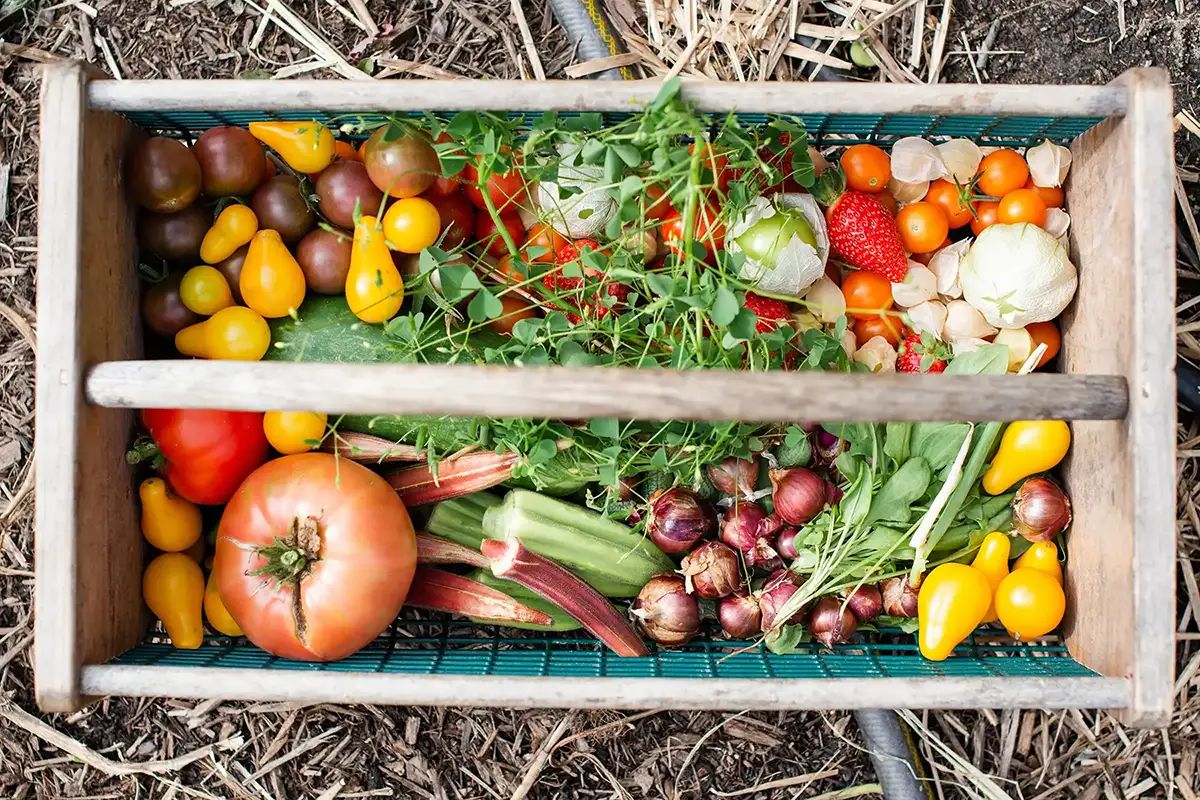
BLOG
STAY IN THE LOOP
Our blogs offer updates plus lots of tips, tricks and fun ideas on how to make the most of your Loop loads.
Visit our Blog »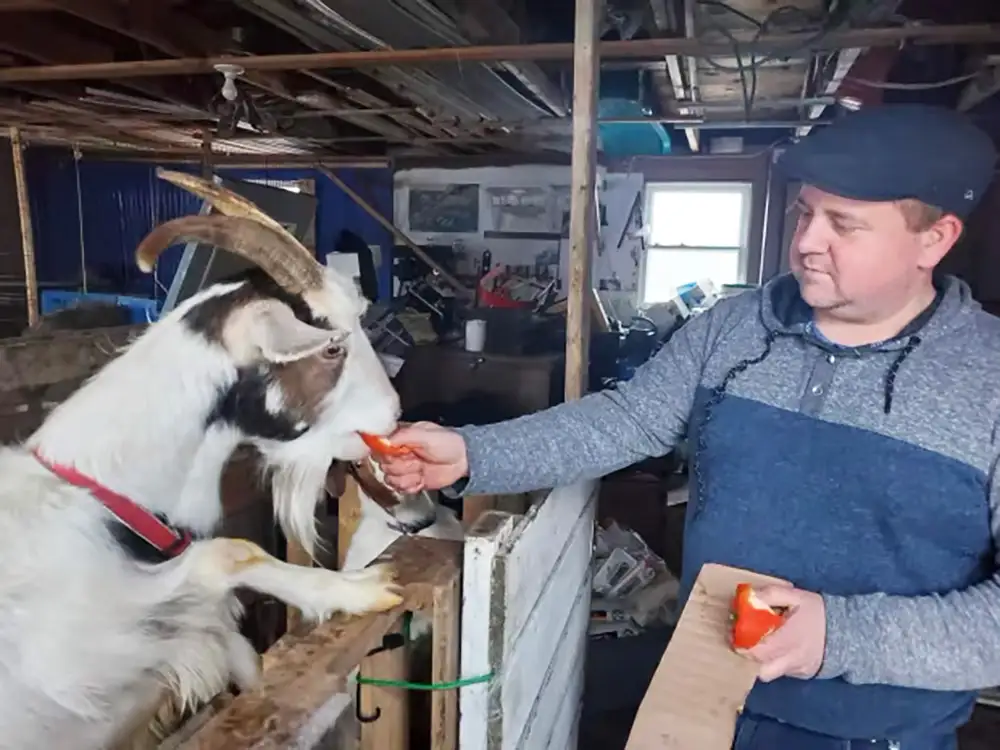
MEDIA
READ ALL ABOUT IT
Check out the video and media coverage:
Innovative things Loop stores and farms are doing across the country.
FOUR STEPS FOR WASTE REDUCTION

- Source reduction
- Diverting edible food to charitable organizations
- Diverting food waste as feed for farm animals
- Diverting food waste as composting material
